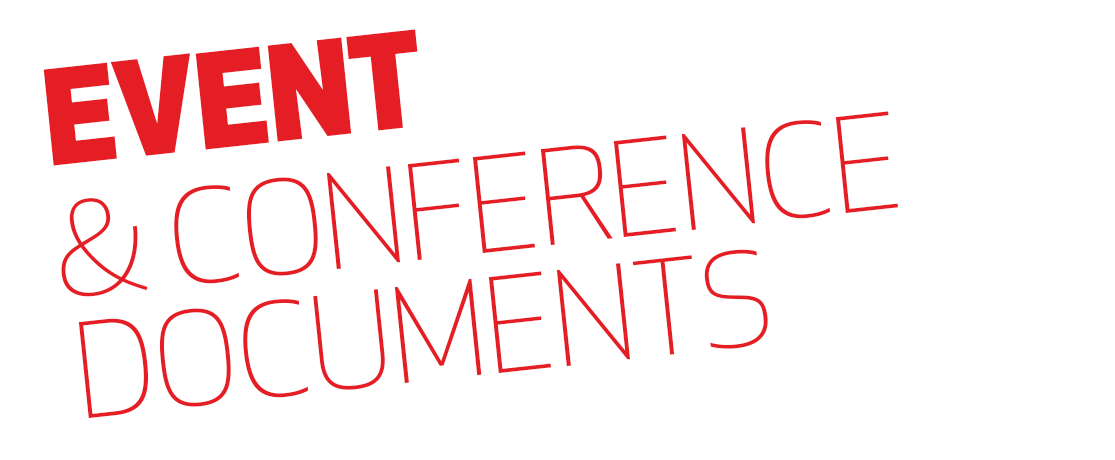
Learning From Learning Assessments: The Politics and Policies of Attaining Quality Education
Learning assessments have increasing influence in education policy-making and reform. In response to both the accomplishments and disappointments related to the Millennium Development Goals (2000 – 2015) and to the new aspirations under the Sustainable Development Goals (2015-2030), there is global interest in the development and use of standards and indicators for measuring learning achievement. This widespread use of assessments is based on the assumption that data can help strengthen accountability and guide policy to make education more efficient and equitable. However, assessment data are frequently either misused or do not positively influence policy-making or student learning. Moreover, international learning assessments are not a single, uniform tool. There are different and sometimes competing methods and objectives between international, regional and national assessments. The overarching questions of the roundtable were, thus: Can the measurement of learning outcomes lead to improved quality education for all? If so, how?
Subsidiary questions included:
- Do assessment regimes actually capture the information that they intend to?
- How has the reliance on quantifying learning outcomes influenced - both positively and negatively - policy-making and policy delivery at the national and local level?
- What are the experiences across national contexts, both in terms of positive outcomes and unintended consequences?
- How do different large scale assessments, such as PASEC and PISA for Development, relate to one another and to the national context in terms of content and capacity?
- How do initiatives such as the Learning Metrics Task Force (LMTF) - convened by the UNESCO Institute for Statistics (UIS) and the Center for Universal Education (CUE) at Brookings - shed light on country needs and perspectives in this context?
